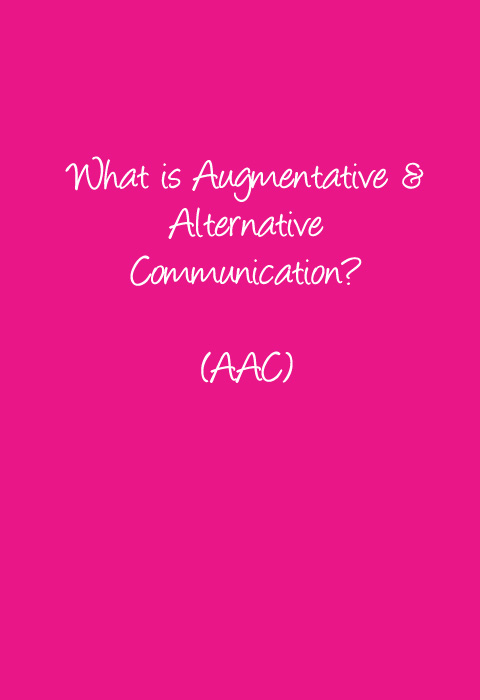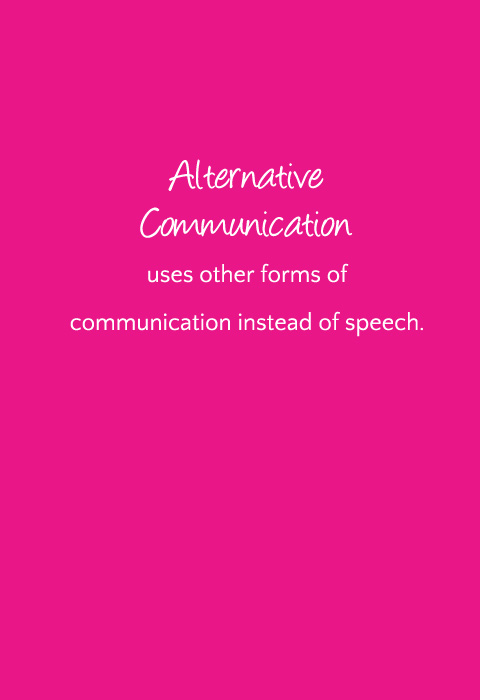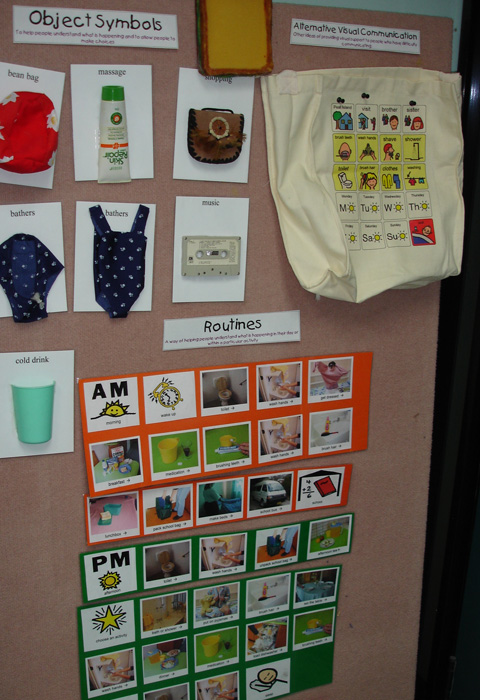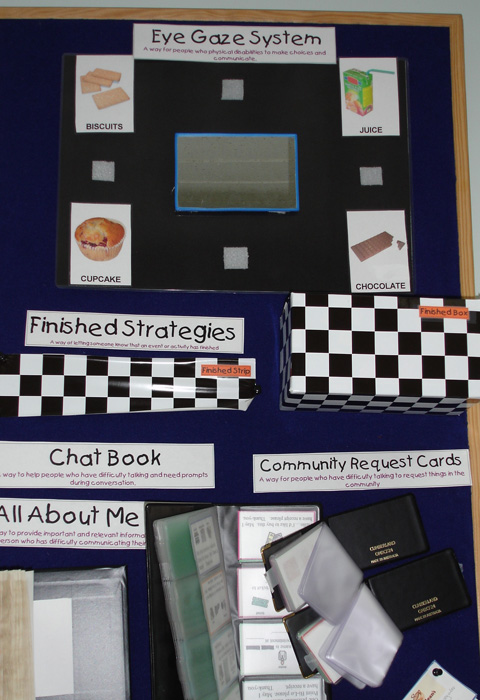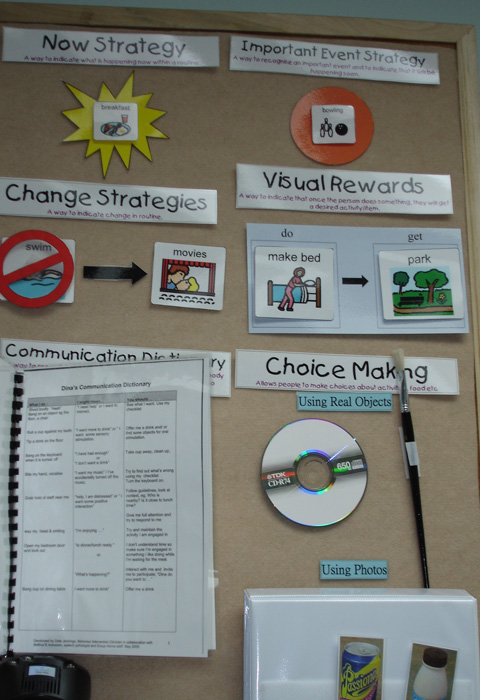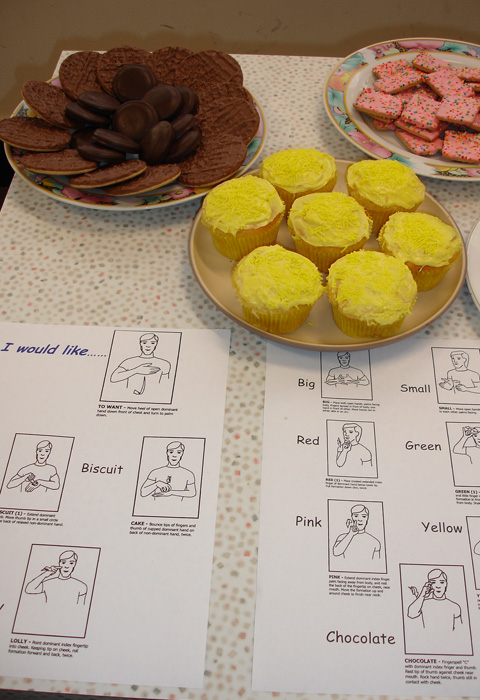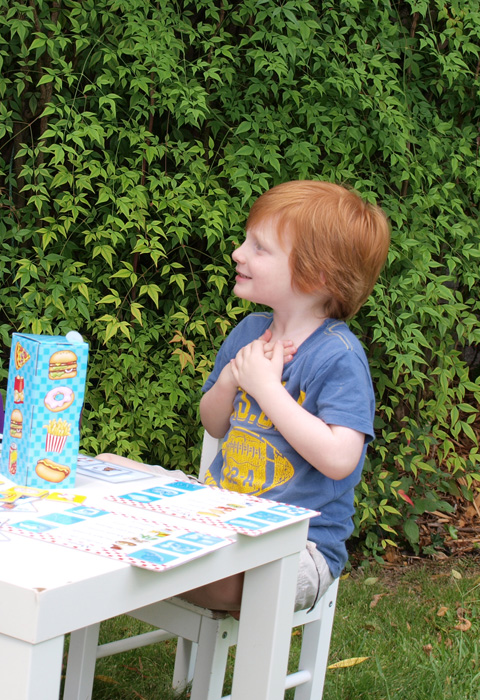Areas of Interest & Extensive Experience - Parramatta Speech, Language and Literacy Solutions
Larissa’s Areas of Interest and Extensive Experience
Augmentative & Alternative Communication (AAC)
For many people, particularly those with complex communication needs, speech is not always the most effective form of communication. Speech may not be the most effective form of communication for a person if they have:
- Speech that is difficult to understand
- Problems understanding what is said to them
- Trouble expressing themselves
Augmentative & Alternative Communication (AAC) refers to the use of various communication methods (e.g. pictures, photos, real objects, key word sign & gesture, facial expression and body language) to either support or ‘back up’ an individual’s verbal communication, or in some cases, to replace an individual’s verbal communication.
For individuals who have very unclear speech (e.g. as a result of stroke or neurological conditions such as Parkinson’s Disease; articulation difficulties; low tone in their facial and oral muscles), it is often necessary for them to make use of an augmentative communication system in order to get their messages across successfully to others.
In other cases (e.g. acute period after having a stroke and speech and language skills have been lost; after surgery to the throat or mouth), it may be necessary for a person to make use of an alternative communication system (e.g. an eye gaze board, an alphabet board, using a white board and marker to write down messages) to convey their messages successfully.
People with complex communication needs benefit from using Augmentative and Alternative Communication (AAC) to better understand and express messages, and communicate more successfully with others. By providing an effective way for someone to communicate, AAC increases the person’s opportunity for social relationships, community involvement, education, employment and independence.
Larissa is passionate about teaching and implementing a range of low- and high-technology Augmentative and Alternative Communication systems with her clients, including visual supports, key word signing, chat books, social stories and electronic voice output devices.
Key Word Sign & Gesture
Larissa is an accredited Key Word Sign & Gesture presenter. She is very passionate about teaching key word sign to:
- Parents
- Teachers
- Preschool staff
- Early Childhood Education TAFE and University students
- Allied Health Professionals
- Disability support workers (e.g. Group Home and Day Program staff) and other people who are interested in supporting people with communication difficulties.
Hanen Training
Larissa is a Hanen certified Speech and Language Pathologist. She is qualified to provide all of the parent and teacher education programs currently available through The Hanen Centre:
- It Takes Two To Talk – Involving parents of young children with language delays (birth to 5 years) in their child’s intervention.
- More Than Words – Involving parents of young children with Autism Spectrum Disorder (birth to 5 years) in their child’s intervention.
- Learning Language & Loving It – Involving Early Educators in promoting the social, language and literacy skills of young children (birth to 5 years).
- Talk Ability – Involving parents of young children (3 to 7 years) with High-functioning Autism and Asperger Syndrome in their child’s intervention.
- Target Word – Involving parents of young children who are late talkers (18 to 30 months) in their child’s intervention.
- ABC & Beyond – Helping Early Educators learn and apply practical strategies for using book reading, everyday conversations and activities to promote the six building blocks of literacy: oral language, vocabulary, story comprehension, language of learning, print knowledge, and phonological awareness.
Larissa enjoys incorporating the well researched principles and strategies of these programs in to her day-to-day clinical practice and enjoys teaching parents and other caregivers how best to facilitate their child’s communication development.
Paediatric Feeding Difficulties
Larissa also has experience in assessing and treating paediatric feeding difficulties. She has worked with children demonstrating difficulty with:
- Transitioning from pureed consistencies to lumpier solids
- Biting and chewing
- Tongue use during eating
- Transitioning from bottle feeding to cup drinking
SOS (Sequential Oral Motor Sensory) Feeding Therapist
Larissa is an accredited SOS (Sequential Oral motor Sensory) Feeding Therapist. The SOS approach to feeding difficulties and disorders is concerned with teaching fussy and problematic eaters how to better cope with the sensory properties of foods (such as texture e.g. smooth, hard, crunchy, stringy, flakey; taste e.g. sweet, sour, bitter, salty; temperature e.g. hot, cold, warm, cool), as well as teaching them the oral motor skills required to eat more age appropriate food textures. Mealtimes are designed to be fun and engaging and a major goal of the program is to increase the variety of foods accepted by a child, which indirectly increases the volume of food consumed by a child. Larissa has already implemented this program with several of her clients and is looking forward to achieving positive outcomes with them so that mealtimes are no longer stressful and unpleasant for families.
Training Workshops
Read more about Larissa’s training workshops.


